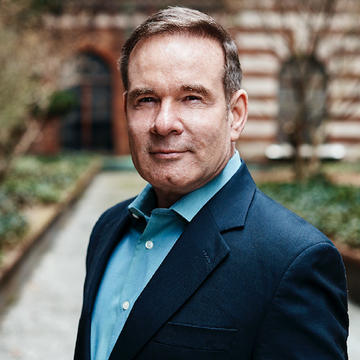Is Walter Mondale-style liberalism back?
Mondale’s defeat marked the end of an old style of politics rooted in a sense of shared sacrifice
Read the full article at the Washington Post
This week the nation lost a liberal icon and a great statesman.
I met Walter “Fritz” Mondale for the first time in November 1986, two years after President Ronald Reagan crushed him in the 1984 election. He sat in the comfortable confines of his D.C. law office, toying with a large Cuban cigar. Deep, heavy pockets shadowed his blue eyes. The expression on his pale face seemed lifeless.
It was obvious that the defeat had taken more than a physical toll on him. “One day the eyes of the entire world are on you,” he said dejectedly. “Then you lose the election and not even your own dog wants to look at you.”
Mondale’s defeat marked the end of an old style of politics rooted in the social gospel and a sense of shared sacrifice
This defeat led most of Mondale’s obituaries this week. And yet, his defeat wasn’t simply the byproduct of personal inadequacies such as his inability to arouse passion or articulate a clear message and his refusal to adjust to the demands of a modern media age.
Rather, Mondale’s defeat marked the end of an old style of politics rooted in the social gospel and a sense of shared sacrifice — a style that would be replaced with an approach glorifying individualism and self-gratification.
While he never reached the presidency, Mondale’s life in politics offers a unique prism for understanding the plight of American liberalism and how politics changed over five decades.
